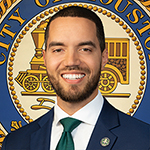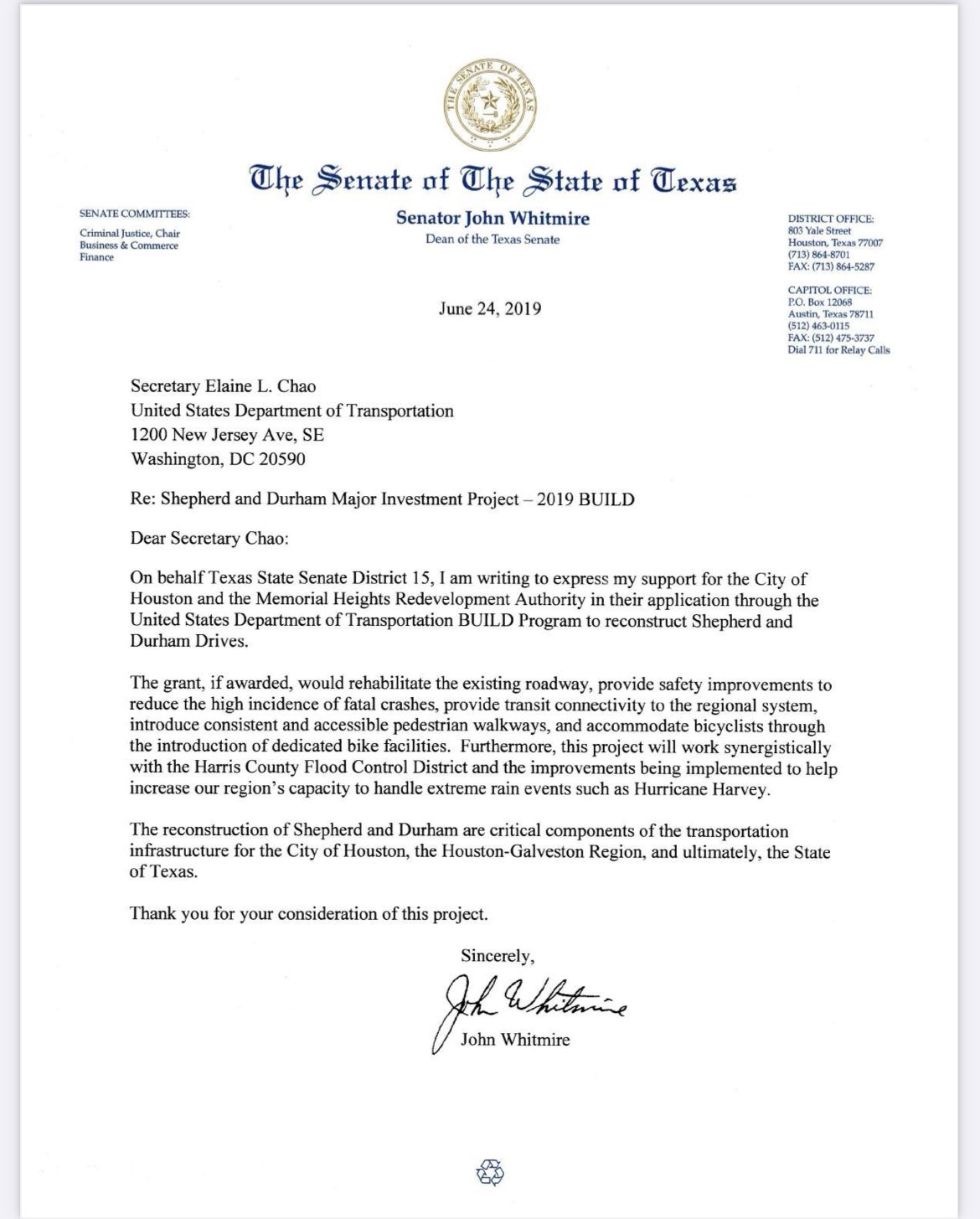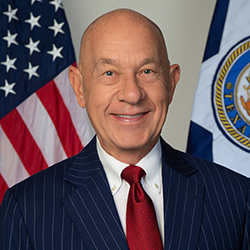We begin with this from the inbox.

The Harris County Clerk’s Office posted the unofficial May 4 Uniform and Special Elections results on the Harris Votes website early Sunday morning, with 56,612 ballots cast in total. About 2% of Harris County’s eligible registered voters cast a ballot in the May 4 Uniform and Special Elections. Official results will be available after the canvass is completed.
About 3% of the eligible voters residing in Texas Senate District (SD) 15 voted in the May 4 Special Election to fill the vacancy left by Houston Mayor John Whitmire. This is the first time someone other than Whitmire will represent SD 15 in over 40 years. The newly elected Senator will represent SD 15 until the end of the current term, December 31, 2024.
The May 4 election was the first opportunity voters had to cast their ballot for three unpaid positions on the Harris Central Appraisal District (HCAD) Board of Directors. The HCAD Board of Directors will now consist of three at-large elected members, the Harris County Tax Assessor-Collector, and five appointed positions representing local taxing entities. Because only one candidate received an absolute majority of votes in the three HCAD contests, a runoff election will take place on Saturday, June 15, 2024 to determine the winners for HCAD, Director Place 2 and Place 3.
“My job is to ensure accessible and fair elections in Harris County. There are still two more elections before we conduct the November general election,” said Harris County Clerk Teneshia Hudspeth, the county’s chief election official. “While the upcoming elections will admittedly have a lower turnout than we are bound to see in November, I encourage voters to exercise their privilege to vote in every election.”
The Harris County Clerk’s Office hired approximately 2,100 election workers for the May 4 Uniform and Special Elections. Election workers staffed 25 vote centers during the nine-day early voting period and 151 vote centers on Election Day.
“As always, we are incredibly thankful for the election judges, election workers, and Harris County Clerk’s Office staff who make conducting elections in the largest county in Texas possible,” added Clerk Hudspeth. “It is due to their hard work and dedication that we are able to serve Harris County voters.”
As noted before, the results are here, for now. So SD15 turnout was higher than overall turnout as I guessed, though not by that much. Indeed, by historical standards, that three percent turnout in SD15 is low, though as noted this was an election with not much at stake. Be that as it may, Campos had a few words.
Congratulations to my State Senator-Elect Molly Cook for her outstanding victory garnering 57.23% of the vote or 9,330 votes to 6,973 votes over State Rep. Jarvis Johnson. These are the unofficial results. Molly now heads to the May 28 Democratic Party Primary runoff riding on a huge wave of momentum.
For those not convinced, maybe thinking that unlike Saturday’s Special Election, the May 28 runoff will be off limits to GOPers who may have voted on Saturday and in the Republican Party Primary on March 5. Here is a tidbit. In the December 11, 2018, State Senate District 6 Special Election that elected State Sen. Carol Alvarado, 15,339 voters turned out including 152 undervotes or just a hair under 1%. The State Senate 6 Special Election was the only race on the ballot back in December 2018. This past Saturday in Senate District 15, 18,376 turned out including 2,035 undervotes or 11%. Commentary is thinking that a good chunk of the 2,035 were GOP voters who wanted to vote in the Houston Central Appraisal District (HCAD) Board of Directors elections but didn’t want to vote for either Democrat on their SD 15 ballot.
Jarvis ran strong in African American precincts, Molly won handily everywhere else. In my precinct in the Heights, she won 80% of the vote.
In my precinct, she won 75% of the vote. I’ll do more analysis on this later when there’s an official canvass. Bear in mind, the March election had three times as many votes as the May election did. Jarvis Johnson got almost as many votes in March as were cast in total in this election. I say that just for some perspective, because in a super low-turnout race, one should be very careful about any inferences one might be tempted to draw. The primary runoff should be higher turnout than this was, but only because it’s a known quantity and people are used to it. There’s nothing to push turnout on May 28 – no statewide race, and the only countywide races are low profile affairs. Remember also, there’s a runoff in HD139, Johnson’s current district. That ought to help him, though it’s not exactly a barnburner itself.
Anyway. The undervote numbers from this race, as noted by Campos, intrigued me.
Race Votes Voters Under Pct
=====================================
SD15 16,303 18,376 2,073 11.28%
HCAD1 54,433 56,612 2,179 3.85%
HCAD2 54,252 56,612 2,360 4.17%
HCAD3 53,286 56,612 3,326 5.88%
You know how people complain about the long ballots in Harris County races and how voters get “fatigued” working their way through all those damn judicial elections? I can tell you that the undervote rate in the 2022 judicial elections in Harris County ranged from 3.37 to 5.22%, which is lower on both ends of the May 2024 ballot in which most voters had all of three races to participate in. I will no longer accept any “voter fatigue” explanations, thank you very much. Anyway, I think Campos is right that the high undervote rate in SD15 – normally, contested district races of all kinds have lower undervote rates than countywide races – is due to Republicans showing up for the HCAD stuff and having no interest in the D-versus-D race there. I don’t think that has any effect on the May 28 runoff, as those will be Dem-only voters by definition, but it could have an effect on the HCAD runoffs in June, and not in a positive way for the Dem candidates. We won’t have SD15 as a natural boost, so we’ll need to do some more work to win these two. Very doable, since there are more Dems than Rs in Harris County, but this is a weird election at a weird time, and the voters need to know about it.
Elsewhere in County Appraisal District land, Dems swept Travis County, and the candidates backed by the terrible Tarrant County Judge swept theirs. Bexar County will have two runoffs just like we will. I have no idea what the partisan makeup of those candidates are. No runoffs in Dallas, as only one of their elections was contested.
The runoff for the remaining two HCAD races will be on Saturday, June 15. I don’t know yet when early voting will begin or how long it will be. The last legislative special election in Harris County was in 2020, and it had one work week of early voting, as we have for city runoffs and primary runoffs. I have also heard from some reliable folks that there will be nine days of early voting for this runoff, as there was for the May election. Don’t quote me on any of this, I want to see an official proclamation. I’ll let you know when I know more.
In other election news, Frank Strong finds some good in the various school board races.
Of the 41 candidates I gave red or orange highlights, only 8 won their races. Overall, the good guys won the day in 13 of the 23 districts I followed—and only 3 of 23 districts went the wrong way (7 had mixed or neutral results).
It wasn’t just the wins and losses, though; the margins also told a clear story. Red and orange highlighted candidates lost by huge percentages in many districts. Melody Fowler defeated Kendall Orr by 61 percentage points in Arlington ISD, for example, and Bridgette Marshall defeated Andy Rokovich by 65 in Victoria ISD. In contrast, the races in which red-highlighted candidates won were generally very close. The message across the state was unmistakable: banning books from districts is no longer a political winner in Texas, and attacking teachers and librarians will cost you a steep electoral price. That is a big change from the political mood in May of 2022.
It gets more nuanced than that, so go read the rest. Katy and Spring Branch ISDs were listed as Good results, while Fort Bend was Bad. The Press had more on the Katy ISD races.
That’s what I have for now. I’ll aim to do a precinct analysis when I get the data. Anything else to discuss here?


















